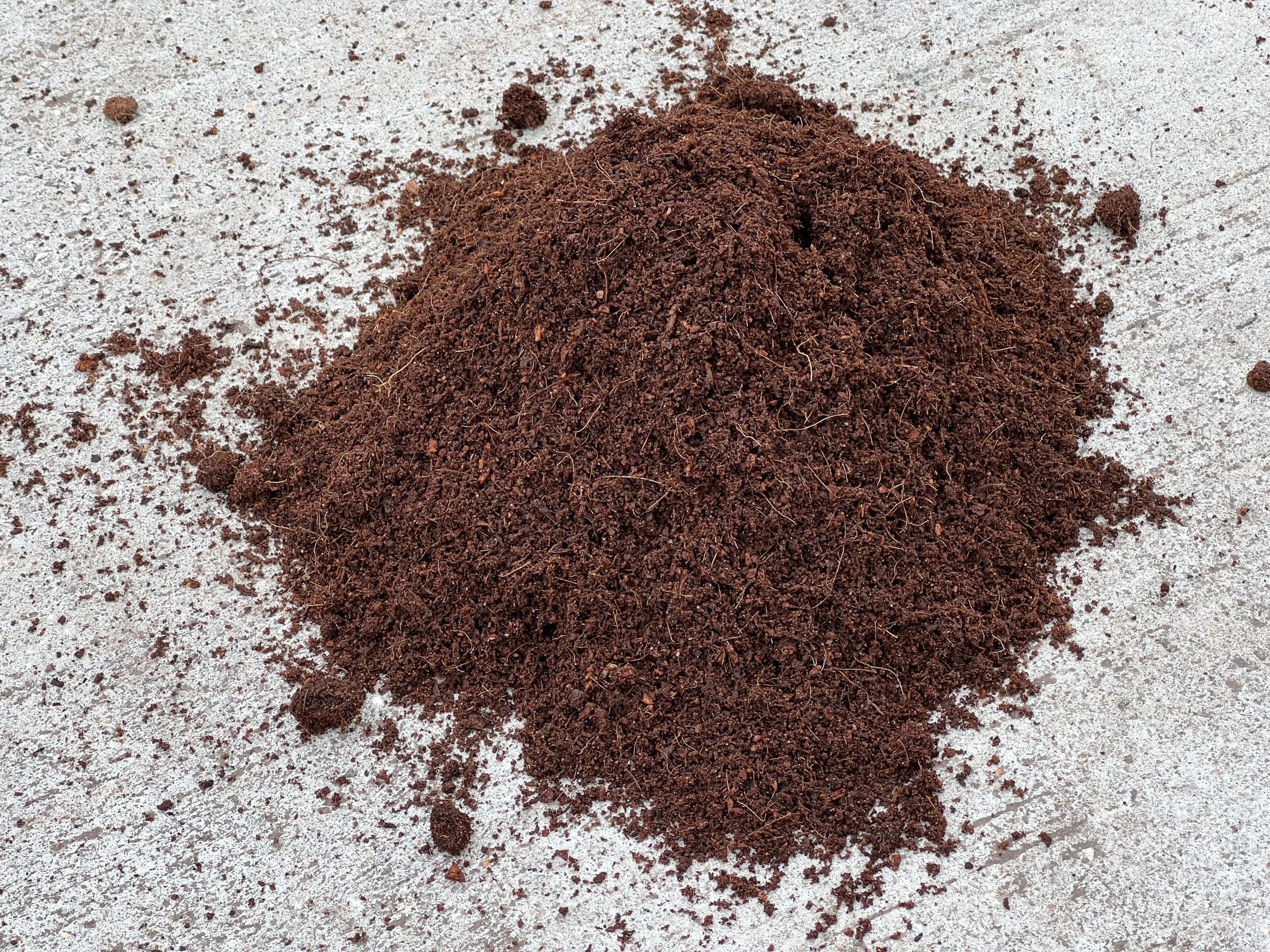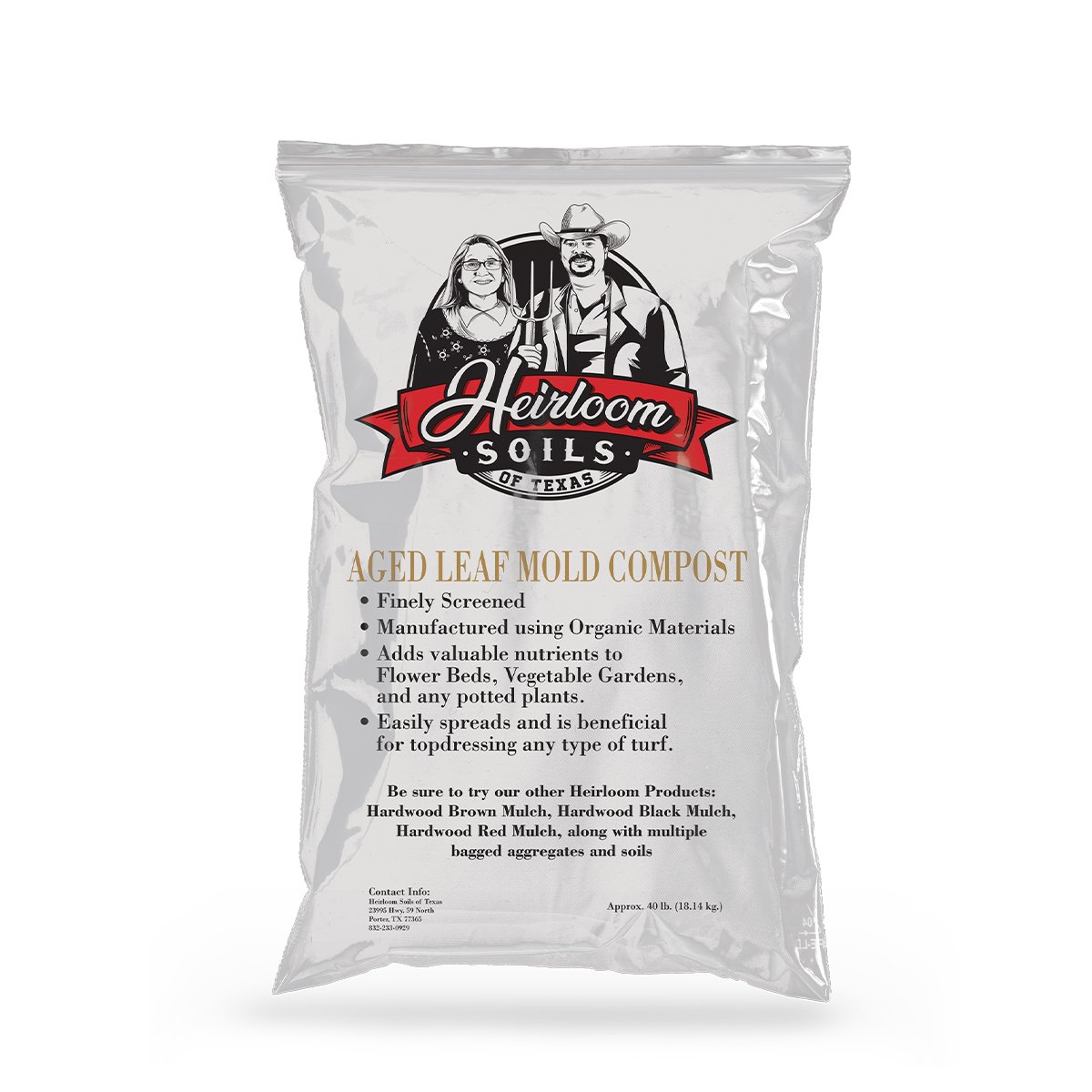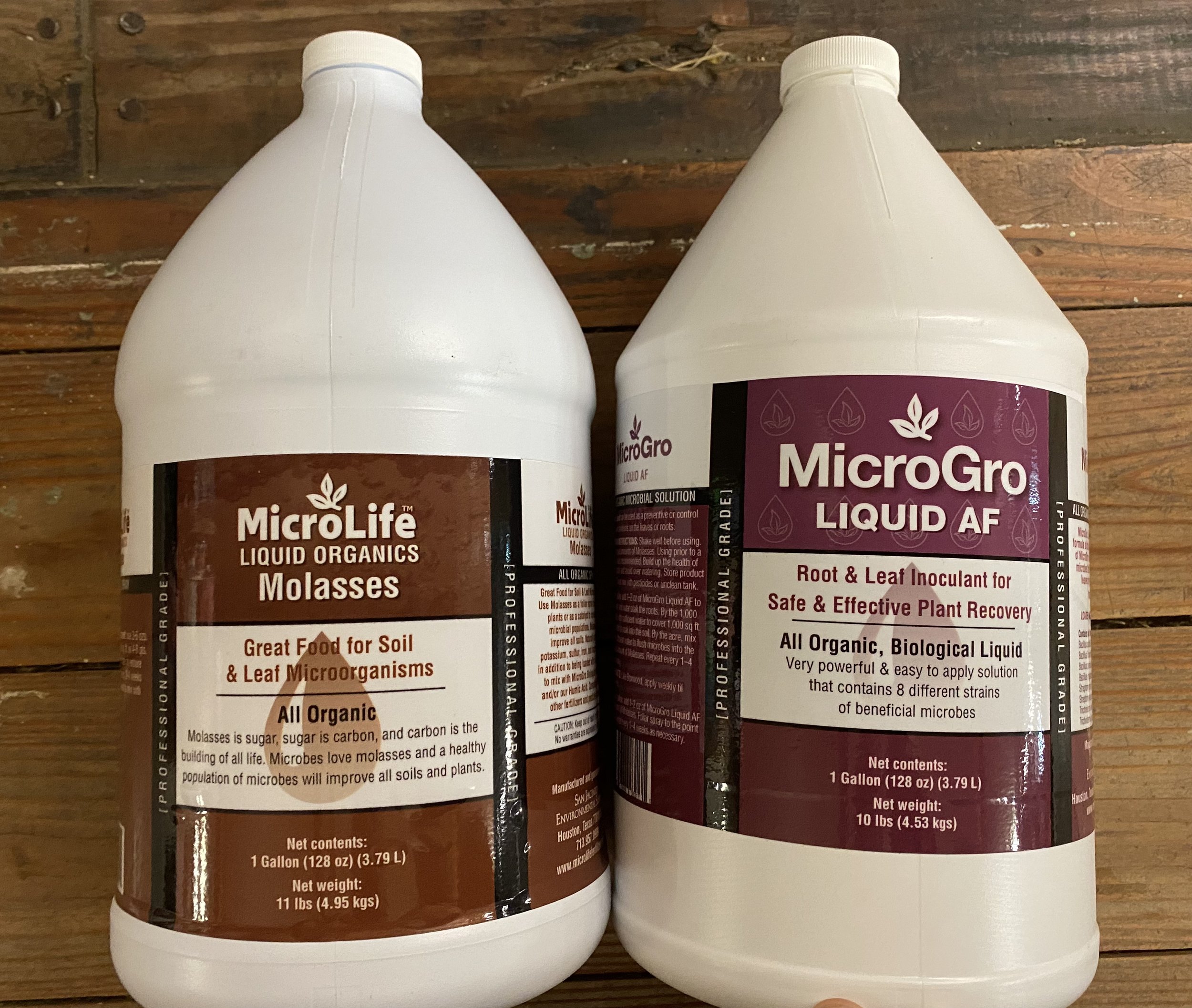How Can I Amend My Soil to Create a Healthy Garden?
Soil amendments are any addition to a garden that improves its physical qualities. Examples of these improvements might be better water infiltration into the soil, better drainage, aeration, better water retention, or increasing the nutrient holding capabilities of your soil.
We can use many things to improve the physical qualities of soil but first we must assess what type of soil we are amending to determine what improvements are needed. Dense clay soils might need aeration and drainage amendments while loose sandy soils might need water retention and nutrient holding capabilities.
Let's discuss some ways we can improve our soil structure through the use of different additives and practices:
Composting
Composts are organic matter that provide a set of nutrients to plants, soil, and soil life. They can be derived from many sources of organic matter such as leaves, manures, food scraps, mulches, and so on.
Composts provide slow release nutrients and increase microbe activity in your soil. They can be mixed in thoroughly with a raised bed prior to planting or used as a top during season.
There are many methods of gardening that recommend amending with several different composts to promote a diverse soil.
Composting can help improve aeration, nutrients, water infiltration as well as water retention when used as a mulching alternative.
Examples of good compost are: leaf mold compost, cotton-burr compost, composted coco coir, mushroom compost, or composted manures.
Fertilizer
In combination with compost, we usually like to amend the soil with a fertilizer. We particularly use a well rounded slow-release, organic fertilizer.
Quality organic fertilizers usually consist of many sources of macro and micro nutrients. They also contain ingredients that will feed micro-organisms such as good fungal and bacteria species.
They often are fortified with inoculants that cultivate good fungi and bacteria into your soil.
Organic fertilizer additions will help improve aeration, nutrients, and water infiltration.
An Example of a well rounded quality organic would be Microlife 6-2-4 or Microlife 8-4-6.
Trace Minerals/Micronutrients
Trace Minerals and Micronutrients are often missed or not thought about. Sometimes these nutrients are more important than the macro nutrients we all have become accustomed to looking at.
Trace minerals in our area have been depleted during the immense flooding our region has seen over the past decade so it's important to bring those back into the garden space.
Trace minerals remineralize the soil which will help increase nutrient holding capabilities. This long term will increase yields, grow larger root systems, and provide for a healthy, active soil.
An example of trace minerals would be Azomite.
Inoculation
Inoculating the soil is the addition of beneficial microbes. These are often done in a liquid form, but can also sometimes be found in granule form.
Microbes work with plants symbiotically and are able to provide often unavailable nutrients to them through the roots.
Increasing microbe populations helps increase aeration, water infiltration, water retention, and nutrient uptake.
When you inoculate soil that is dense such as our native clay soils, you must combine it with a food source. This is usually in the form of liquid molasses. Without it, the microbes will die out or drown in dense soils.
Molasses alone is always a great option to feed and increase microbe activity.
Examples of an Inoculant is Microlife Liquid AF (should be combined with Microlife or Medina Molasses). It can also be found in the granule Microlife MicroGro. Soil stimulants that help increase microbe activity alone are Medina Soil Activator, Medina Plus, and Medina or Microlife Molasses.
Aeration
While not always an addition to your soil, aeration is important because it will increase the usage and effectiveness of all of the above additives. This allows oxygen to reach microbes and fuels them to break down organic matters that provide vital resources to soil and plants.
Expanded Shale is a favorite additive for increasing Aeration. Unlike perlite or vermiculite, it does not break down quickly and will last a very long time. It also helps with drainage and water retention since it is a porous object.
Manual aeration with hand tools or a broadfork is an alternative to additives that can be done between plantings and seasons to loosen the soil. It will do the same as expanded shale in aeration and water infiltration.
Expanded Shale
If you need one on one help in your garden, book here today and let us guide you to success!







